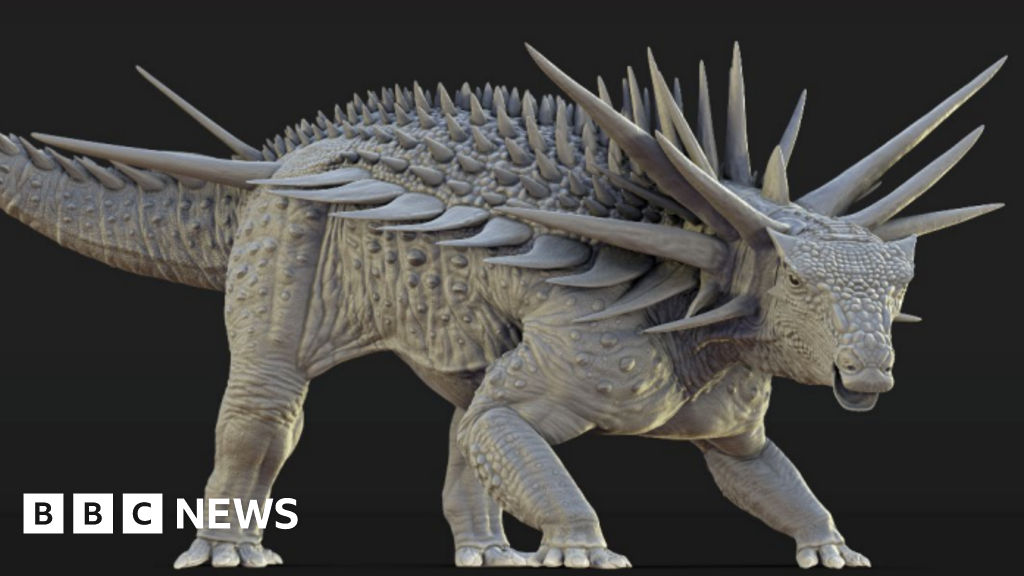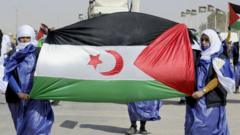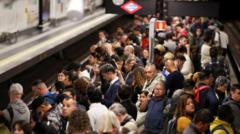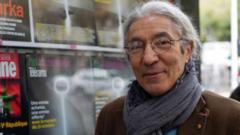Moroccan families typically gather to celebrate Eid al-Adha, the Feast of Sacrifice, indulging in prayers and meals centered around lamb and mutton. However, economic hardship has rendered this tradition increasingly inaccessible for many, as the cost of livestock escalates amid soaring prices for basic necessities.
In a compassionate address last week, King Mohammed VI acknowledged the "climate and economic challenges" that burden the populace, particularly during this holy season. He urged citizens to prioritize their financial wellbeing and suggested skipping the traditional sheep slaughter for the upcoming Eid celebration in June. His message, delivered by the Minister of Islamic Affairs, Ahmed Toufiq, provided a sense of relief for those faced with the dilemma of adhering to cultural customs amid financial struggle.
“Performing it under these difficult circumstances would cause certain harm to large segments of our people—especially those with limited incomes,” the King stated in his address. He also reassured citizens that he would be performing the Eid sacrifice on their behalf, showcasing empathy for the plight of families that may not be able to afford a sheep.
Morocco’s ongoing economic issues have been exacerbated by a dire drought lasting several years, coupled with extreme heat, which climate scientists have linked to broader environmental changes. The agriculture ministry confirmed that recent rainfall levels dipped 53 percent below the 30-year average, drastically impacting harvest yields, water availability, and food prices, particularly in the meat sector.
In his heartfelt letter, King Mohammed VI reiterated the need to balance religious observance with an understanding of the country’s climatic and economic adversities, emphasizing that the welfare of the people must come first. “My concern to enable you to observe this religious ritual in the best circumstances is accompanied by my duty to consider the climate and economic challenges facing our country, which have led to a significant decline in livestock numbers,” he expressed.
This understanding highlights a growing recognition of the connection between deep-rooted traditions and the harsh realities posed by climate change and economic instability. As Moroccans reflect on this year’s Eid al-Adha, they do so with a renewed perspective on community support and solidarity in the face of adversity.





















